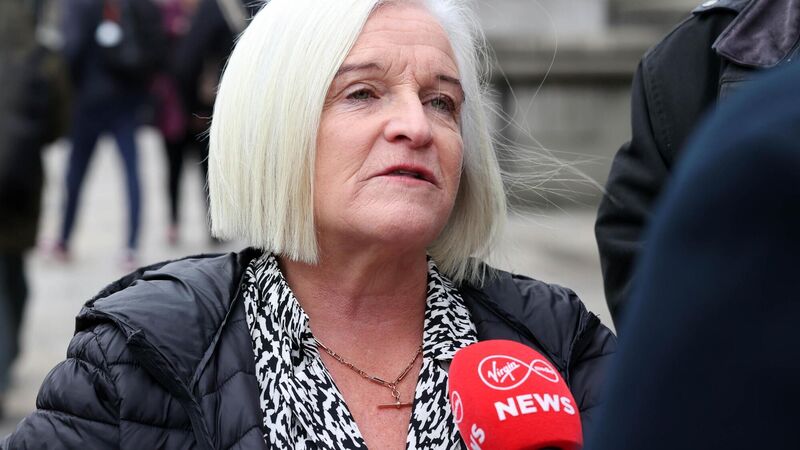Alison O'Connor: State still holding out on Thalidomide survivors 61 years on

Irish Thalidomide Association spokesperson Finola Cassidy outside Government Buildings after her meeting yesterday with Taoiseach Micheál Martin and Health Minister Stephen Donnelly.
Finola Cassidy did not want a photographer for her wedding day. Unusual for a bride, but Finola did not want her “gammy arm” showing in any photographs.












